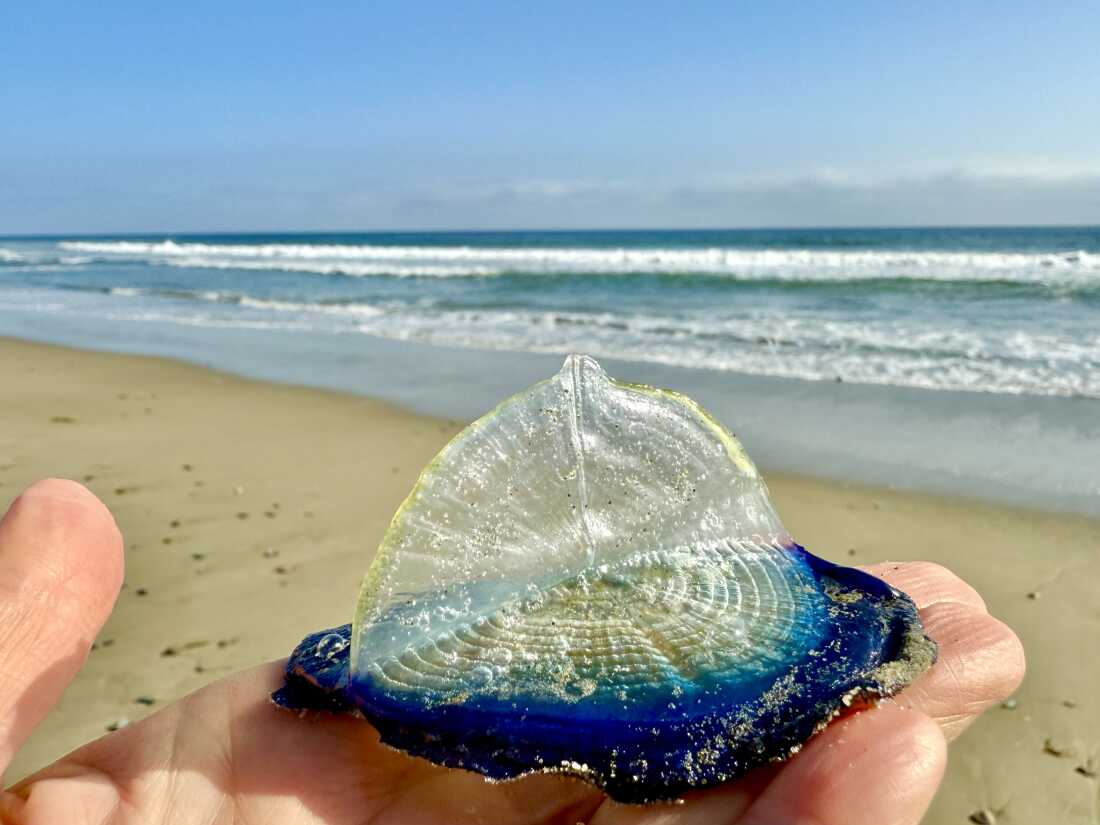Curiosity Rover Spots Unique Honeycomb and Waffle Patterns on Mars
NASA's Curiosity rover has discovered unique polygonal patterns on Mars, resembling honeycombs or waffles. These well-preserved fractures, covering a significant area, are near boxwork fracture structures at Ghost Mountain butte. Scientists are analyzing their composition using various instruments, hoping to understand their origin and the Martian environment. The rover continues to gather atmospheric data.
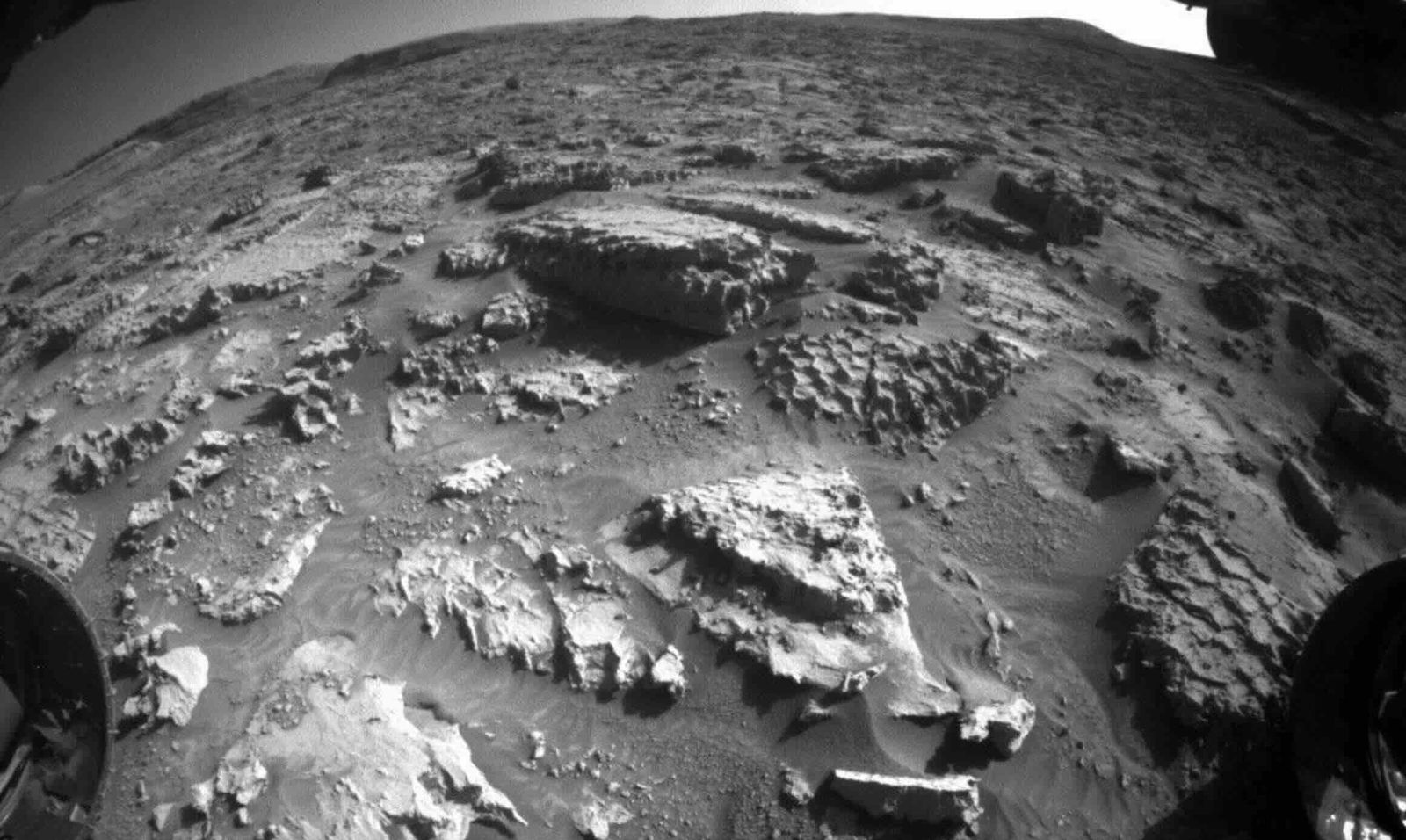
 The Debrief
The Debrief
 NASA Science (.gov)
NASA Science (.gov)
 Mirage News
Mirage News
 Mirage News
Mirage News
Geomagnetic Storms Increase Chance of Northern Lights Visibility in Several U.S. States
Several northern U.S. states have an increased chance of viewing the Northern Lights due to geomagnetic storms. NOAA forecasts auroral activity, with varying Kp indices, making the aurora more visible. Ideal viewing times are between 10 p.m. and 2 a.m. local time, away from city lights. Increased solar activity is expected to persist, enhancing future viewing opportunities.
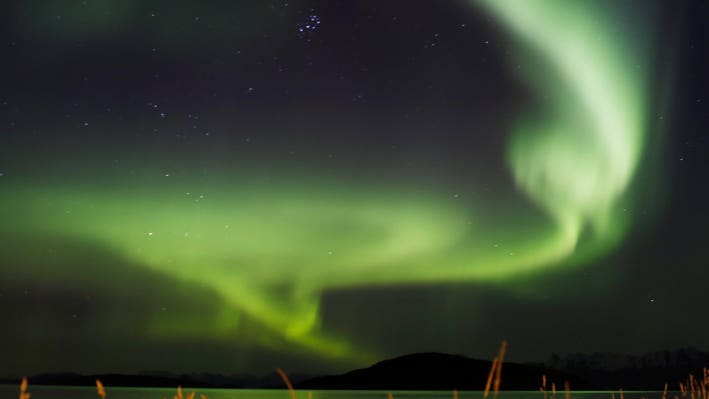
 Forbes
Forbes
 Forbes
Forbes
 Forbes
Forbes
 MSN
MSN
Gaia Spots Unusual Star Family, Ophion, Rapidly Dispersing in the Milky Way
The European Space Agency's Gaia mission has identified a peculiar star family named Ophion. Unlike typical star clusters, Ophion is rapidly dispersing its stars, with its members scattering across the galaxy at an unprecedented rate. The discovery, made using Gaia's spectroscopic data and a novel model, challenges existing understanding of star cluster dynamics and formation, raising questions about the forces driving Ophion's unusual behavior.
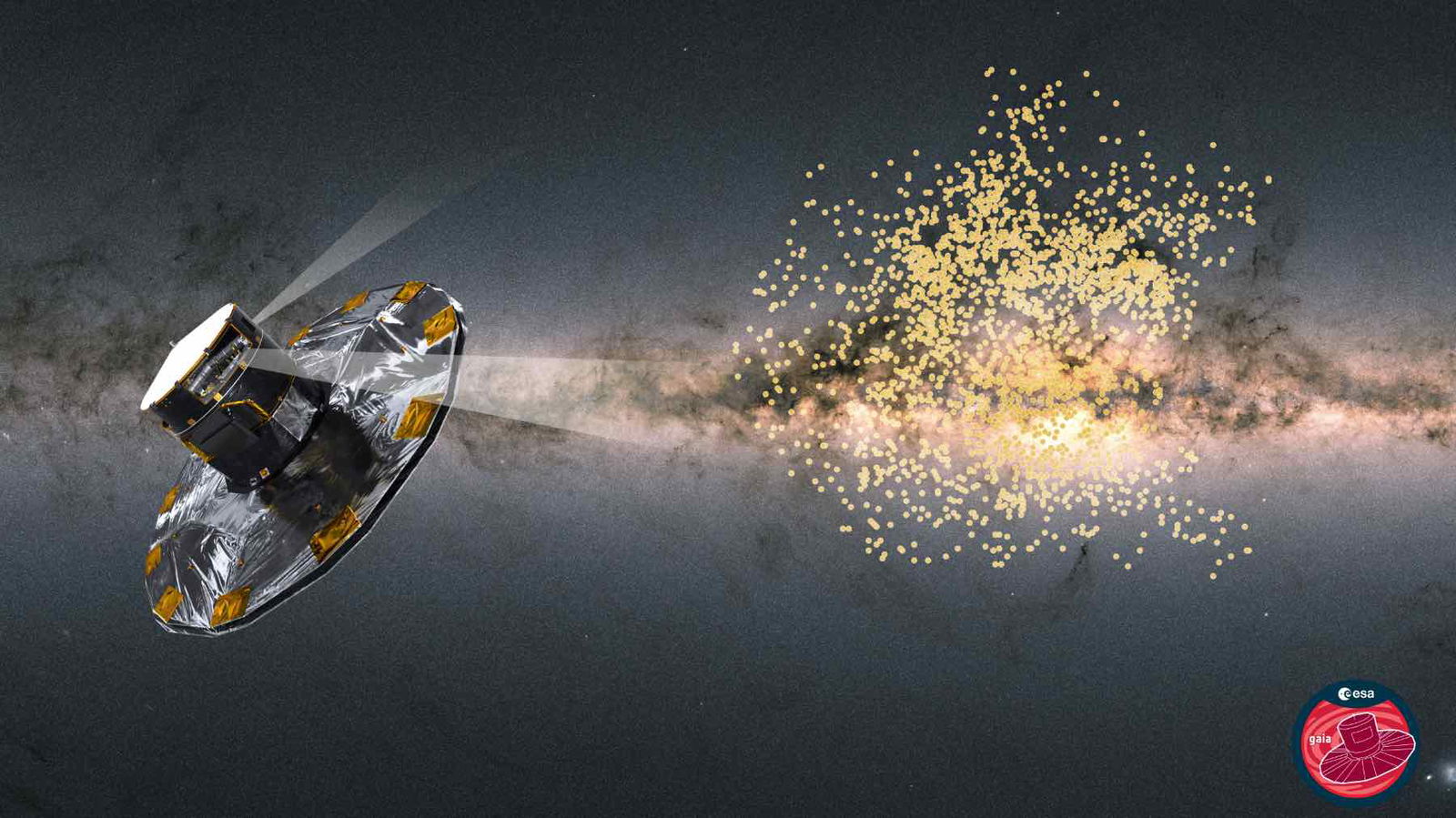
 The Debrief
The Debrief
 SciTechDaily
SciTechDaily
 European Space Agency
European Space Agency
 Space
Space
Elon Musk Advocates Mars Colonization as 'Life Insurance' Against Sun's Expansion
Elon Musk is promoting the colonization of Mars, stating that it is vital 'life insurance' for humanity because the sun will eventually engulf Earth. He envisions a self-sustaining Martian city by 2026. Skeptics, however, highlight the significant challenges involved, including the complexity of SpaceX's Starship rocket and the harsh Martian environment.

 Times of India
Times of India
 Fox News
Fox News
 The Independent
The Independent
 Times of India
Times of India
Giant, Glowing Molecular Cloud 'Eos' Discovered Near Earth, Surprising Astronomers
Eos, a massive, crescent-shaped molecular cloud, has been discovered 300 light-years from Earth. It is notable for its size (100 light-years wide) and composition (primarily hydrogen), detected via its fluorescent glow. The cloud's shape is influenced by the North Polar Spur. Its discovery challenges previous assumptions about molecular cloud detection and opens new avenues for studying star and planet formation.

 Times of India
Times of India
 The New York Times
The New York Times
 Sustainability Times
Sustainability Times
 Yahoo
Yahoo
New Models Challenge Black Hole Singularities: Regular Black Holes and Mimickers
Researchers are exploring alternative models to the traditional black hole model, which posits a singularity at the core. These new models include 'regular black holes' with an inner horizon instead of a singularity, and 'black hole mimickers' lacking a horizon altogether. Scientists are looking for observational evidence, such as anomalies in gravitational waves or photon rings, to validate these theories and potentially link general relativity with quantum mechanics.
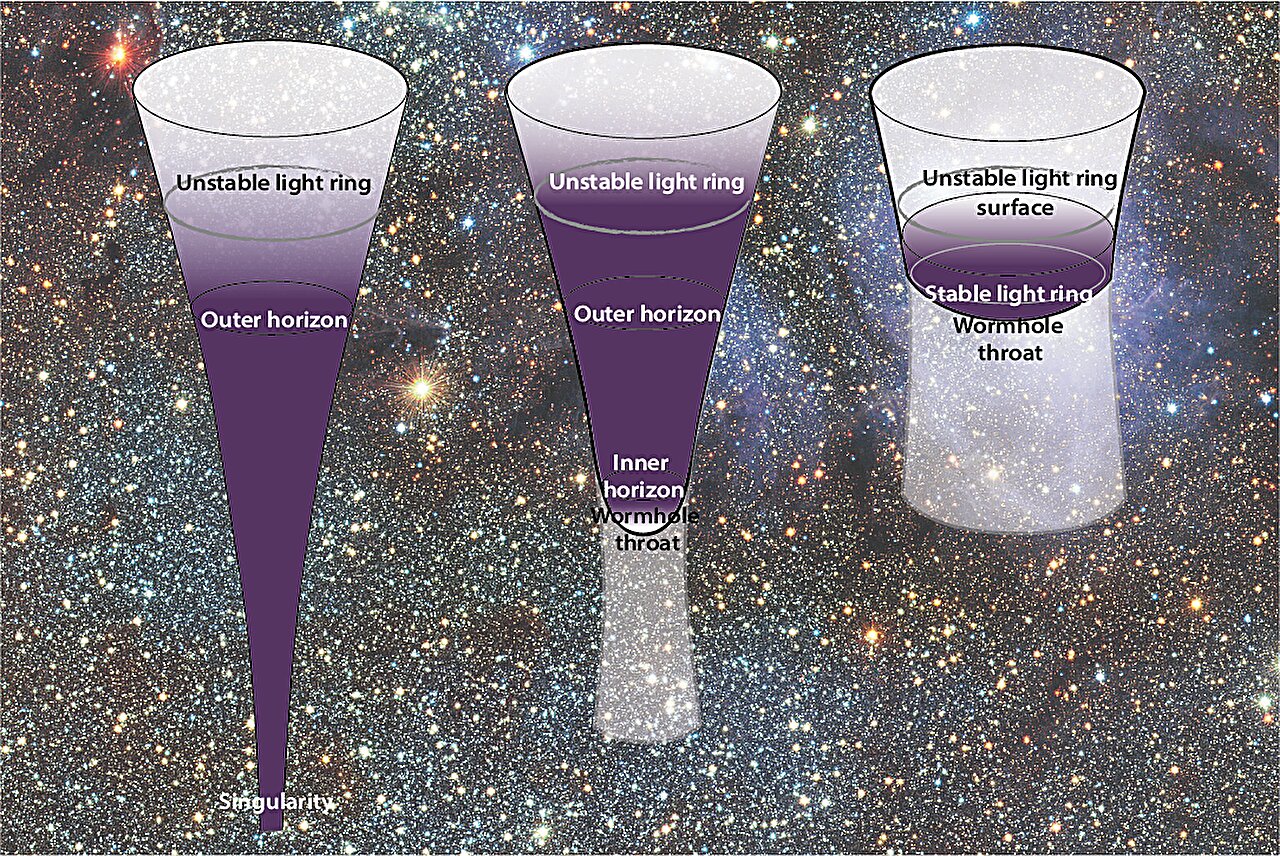
 Phys.org
Phys.org
 IFLScience
IFLScience
 Space Daily
Space Daily
 Science 2.0
Science 2.0
Soviet Kosmos 482 Spacecraft Set to Reenter Earth's Atmosphere After 50 Years
The Soviet Kosmos 482 spacecraft, launched in 1972 with the goal of reaching Venus, is expected to reenter Earth's atmosphere in May 2025. A malfunction prevented it from reaching its destination, leaving it in Earth orbit for over 50 years. Experts estimate a potential impact speed of 150 mph, with the biggest chance of landing in one of the oceans. There is a small probability that the craft may impact populated areas.
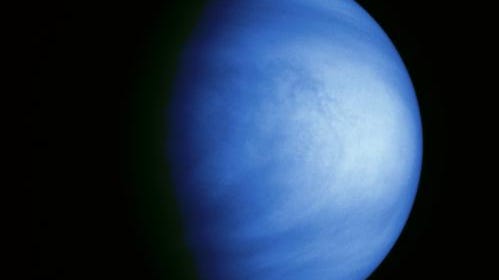
 USA Today
USA Today
 NPR
NPR
 Live Science
Live Science
 Space
Space
Eta Aquarid Meteor Shower Peaks: Best Viewing Times and Locations
The Eta Aquarid meteor shower, caused by debris from Halley's Comet, is peaking in early May. Viewers can expect to see meteors, with Southern Hemisphere locations offering better viewing opportunities than the Northern Hemisphere. The shower will be active for several weeks, with the best viewing time after moonset and before dawn.

 OregonLive.com
OregonLive.com
 The New York Times
The New York Times
 CBS News
CBS News
 NPR
NPR
Bright Fireball Streaks Across Western US Skies, Sparking Spectator Excitement
A large and colorful fireball meteor was sighted across several Western US states, including Wyoming, Utah, and Idaho. The event, described as potentially a 'once-in-a-decade' occurrence, sparked numerous reports and captured on camera. Experts suggest the colors resulted from burning minerals, and the meteor was part of the Eta Aquariids meteor shower.
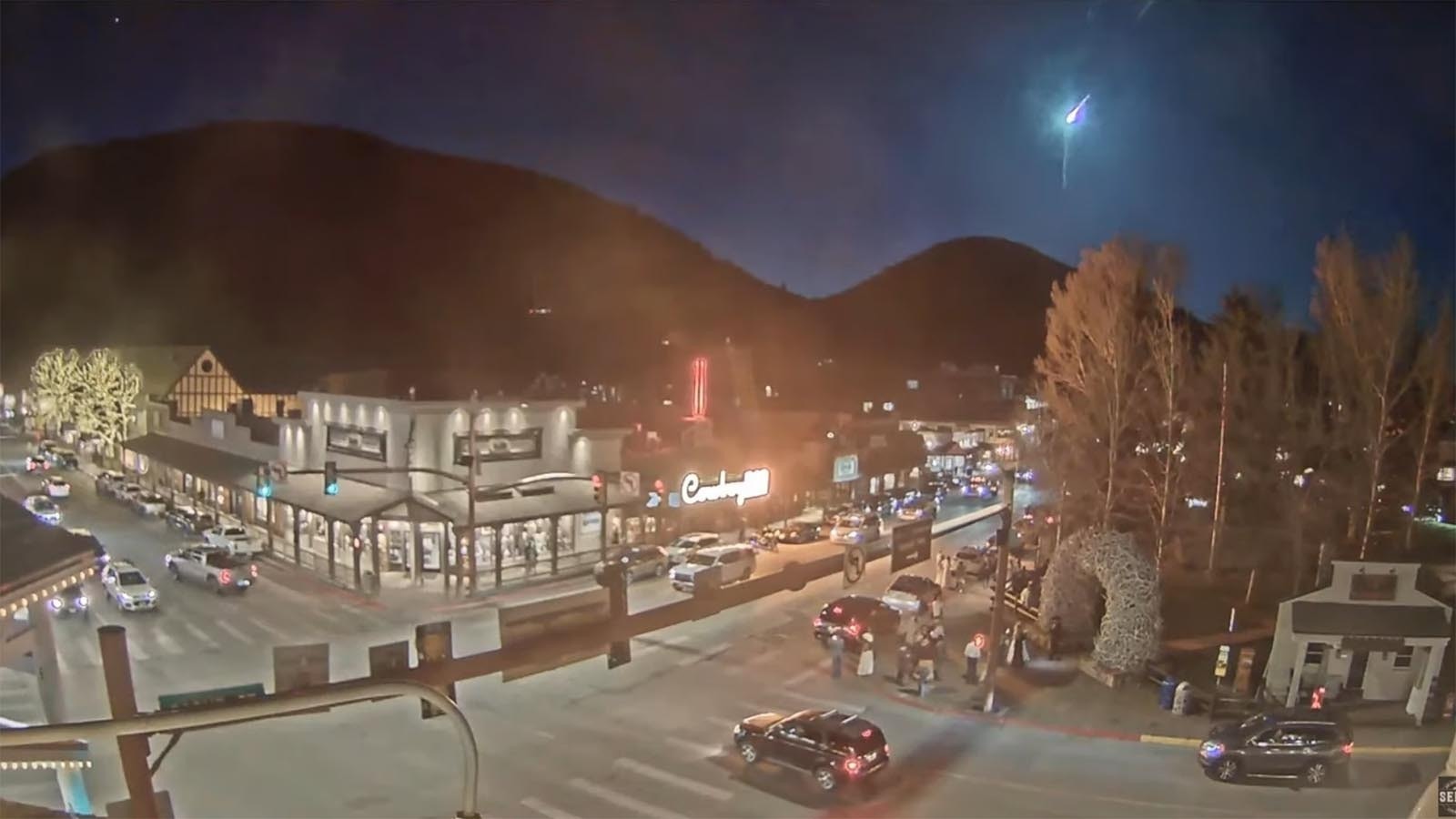
 Cowboy State Daily
Cowboy State Daily
 FOX 13 News Utah
FOX 13 News Utah
 KUTV
KUTV
 KTVB
KTVB
Astronomers Spot Potential Planet Nine Candidate in Decades-Old Infrared Data
A potential Planet Nine candidate has been identified through analysis of archival infrared data from the IRAS and AKARI satellites. The candidate's unusual orbit and potential mass have sparked both excitement and skepticism within the astronomical community. Further observation is needed to confirm the candidate's identity and orbit.
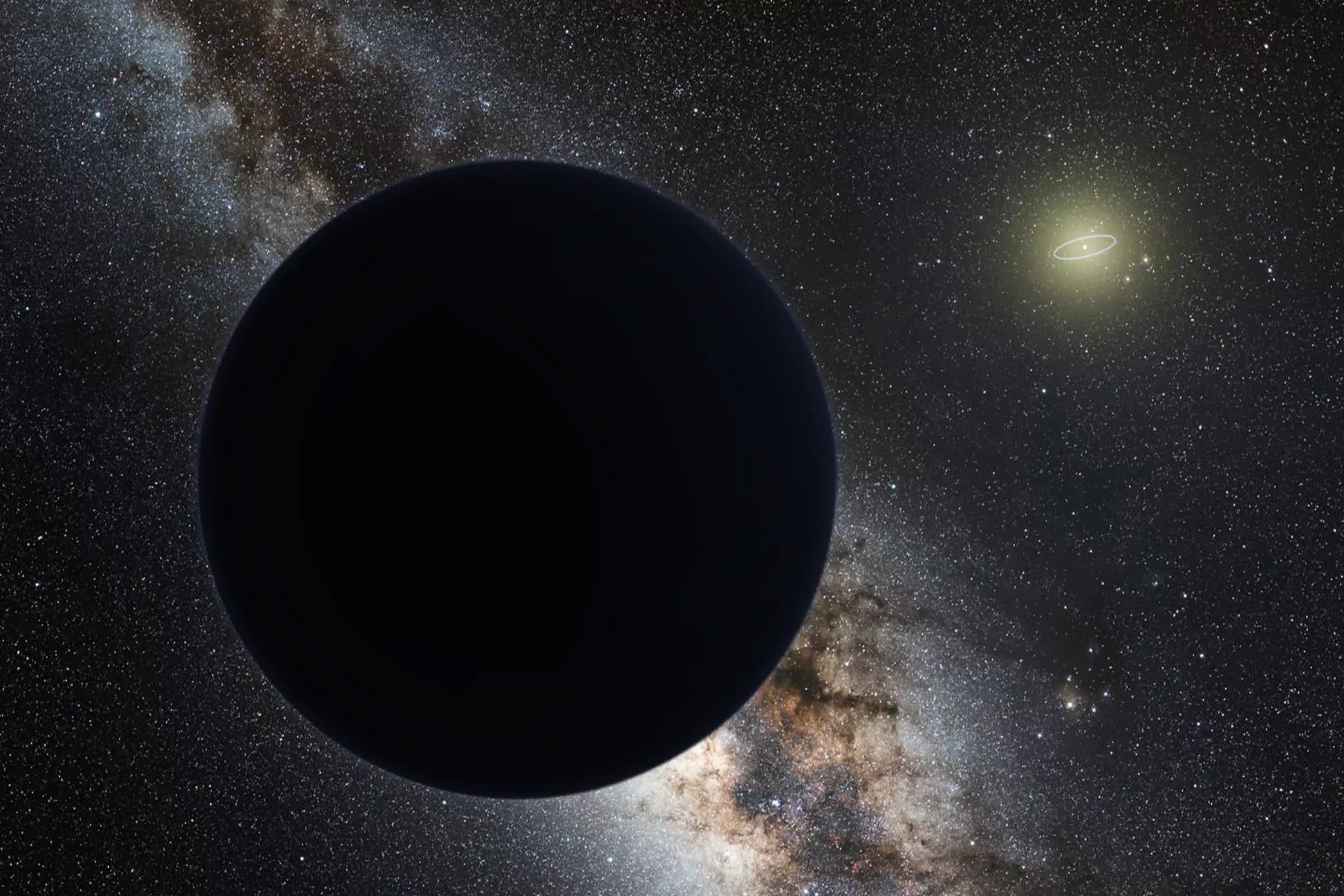
 TechSpot
TechSpot
 ABC News
ABC News
 Space
Space
 Live Science
Live Science
Eta Aquarid Meteor Shower Peaks: Halley's Comet Debris Lights Up Night Sky
The Eta Aquarid meteor shower, originating from Halley's Comet debris, is peaking in early May. Best viewing times are in the pre-dawn hours, with the Southern Hemisphere offering superior visibility. Observers can expect to see 10-15 meteors per hour, with potential for bright fireballs. The shower will remain active throughout May, providing continued viewing opportunities.
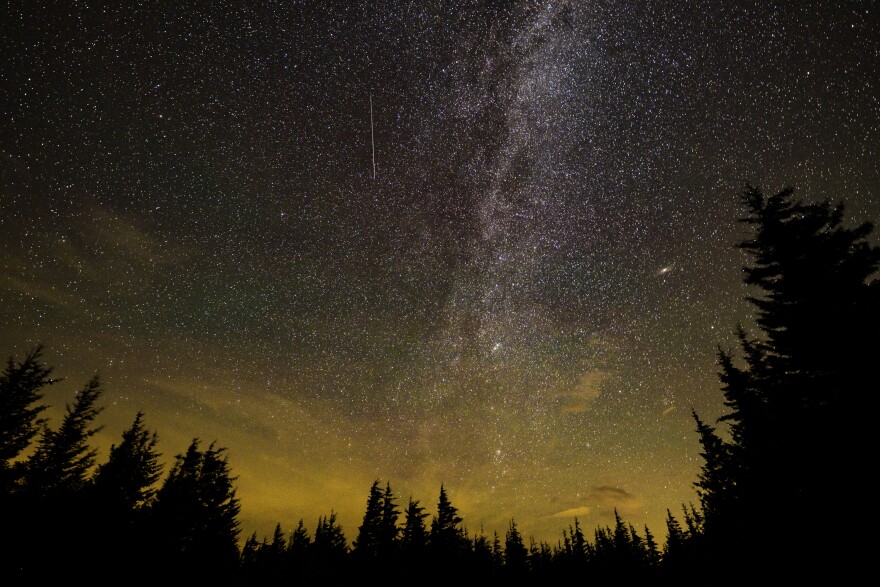
 STLPR
STLPR
 The New York Times
The New York Times
 CBS News
CBS News
 Space
Space
SpaceX Launches Starlink Satellites, Reaches Milestones Amidst Busy Launch Schedule
SpaceX is actively launching Starlink satellites, achieving milestones like the 250th launch from SLC-40 and the 100th consecutive successful Falcon 9 landing. The company is also increasing the number of Starlink satellites per launch, pushing the limits of Falcon 9 capabilities while other countries, like China, also plan to rival Starlink with their own megaconstellations.
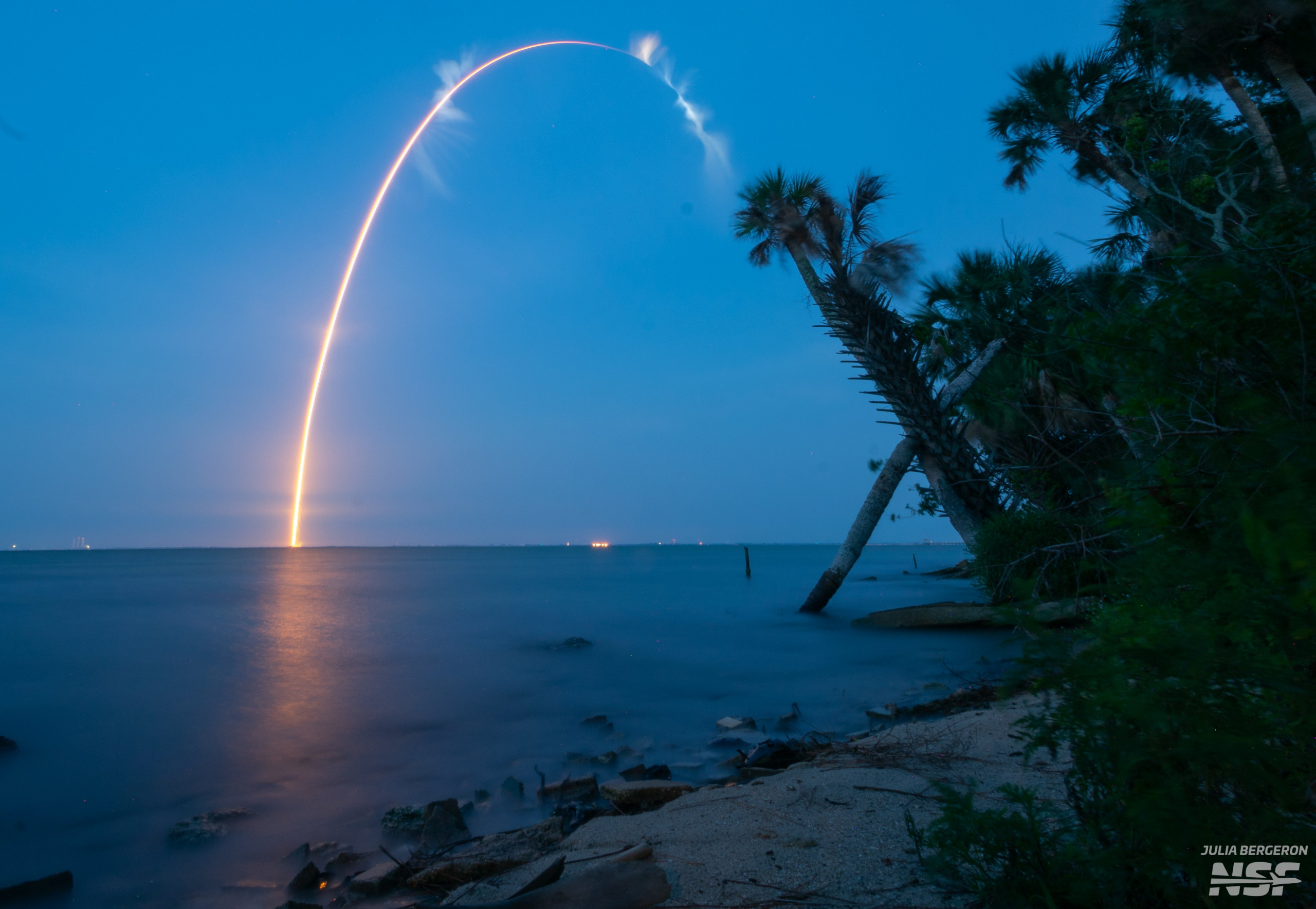
 NASASpaceFlight.com -
NASASpaceFlight.com -
 Florida Today
Florida Today
 Spaceflight Now
Spaceflight Now
 Space
Space
Lockheed Delivers Orion for Artemis 2; NASA Stacks SLS Stage for 2026 Launch
Lockheed Martin delivered the Orion spacecraft to NASA for the Artemis 2 mission, targeted for early 2026. NASA is preparing for the mission, including stacking the second stage of the SLS rocket. Artemis 2 will carry astronauts around the moon, serving as a crucial step towards establishing a lunar presence and future Mars missions. Potential changes to the mission architecture are under consideration.
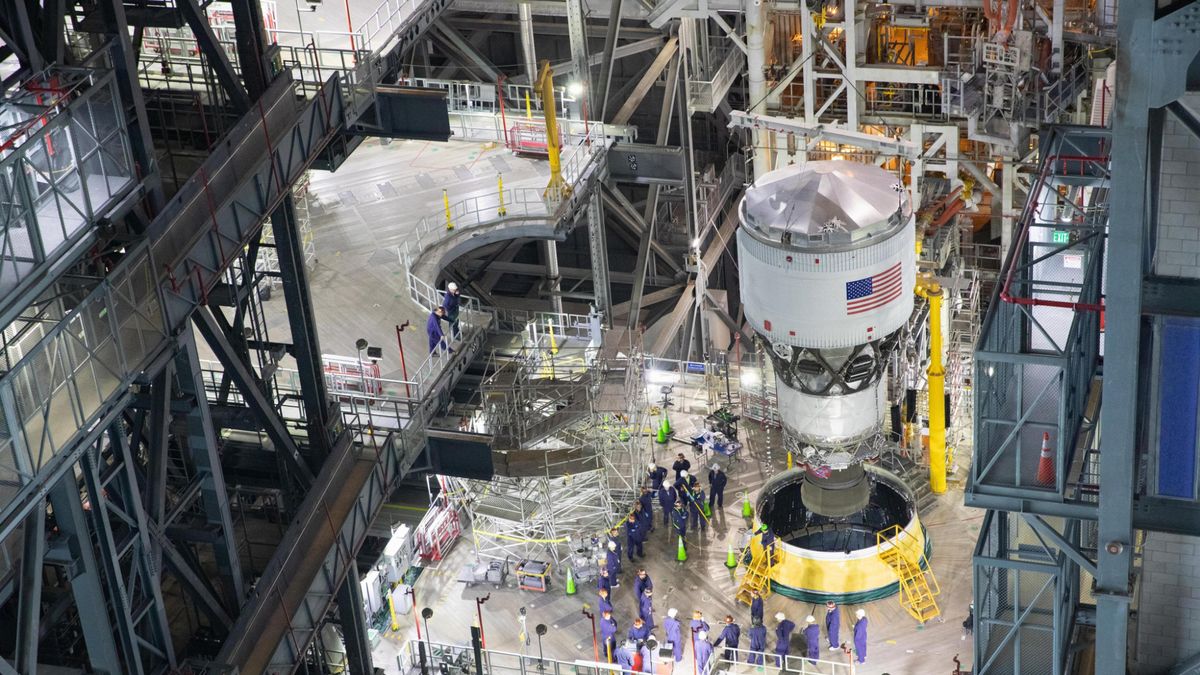
 Space
Space
 SpaceNews
SpaceNews
 Phys.org
Phys.org
 autoevolution
autoevolution
Trump Celebrates Astronaut Day Amidst Proposed NASA Budget Cuts and Space Race
President Trump celebrated National Astronaut Day, marking the 64th anniversary of Alan Shepard's space flight. However, his administration's proposal to cut NASA's budget by 24% has drawn criticism. The proposed budget allocates increased funding for Mars missions while downsizing ISS operations and canceling the SLS rocket. Amidst these developments, commercial space companies like SpaceX are thriving, and the nomination of Jared Isaacman as NASA lead signals a potential shift towards supporting a new "space economy."

 upi.com
upi.com
 WMUR
WMUR
 Inc.com
Inc.com
 Space Coast Daily
Space Coast Daily
Trump's 2026 Budget: NASA Faces $6 Billion Cut, Focus Shifts to Moon & Mars
President Trump's proposed 2026 budget slashes NASA's funding by $6 billion, a 24% decrease. This plan prioritizes Moon and Mars missions, specifically allocating $1 billion for Mars exploration, potentially benefiting SpaceX. Deep cuts target space science missions, including Mars Sample Return and climate monitoring satellites, also impacting international partnerships and the space industry supply chain.
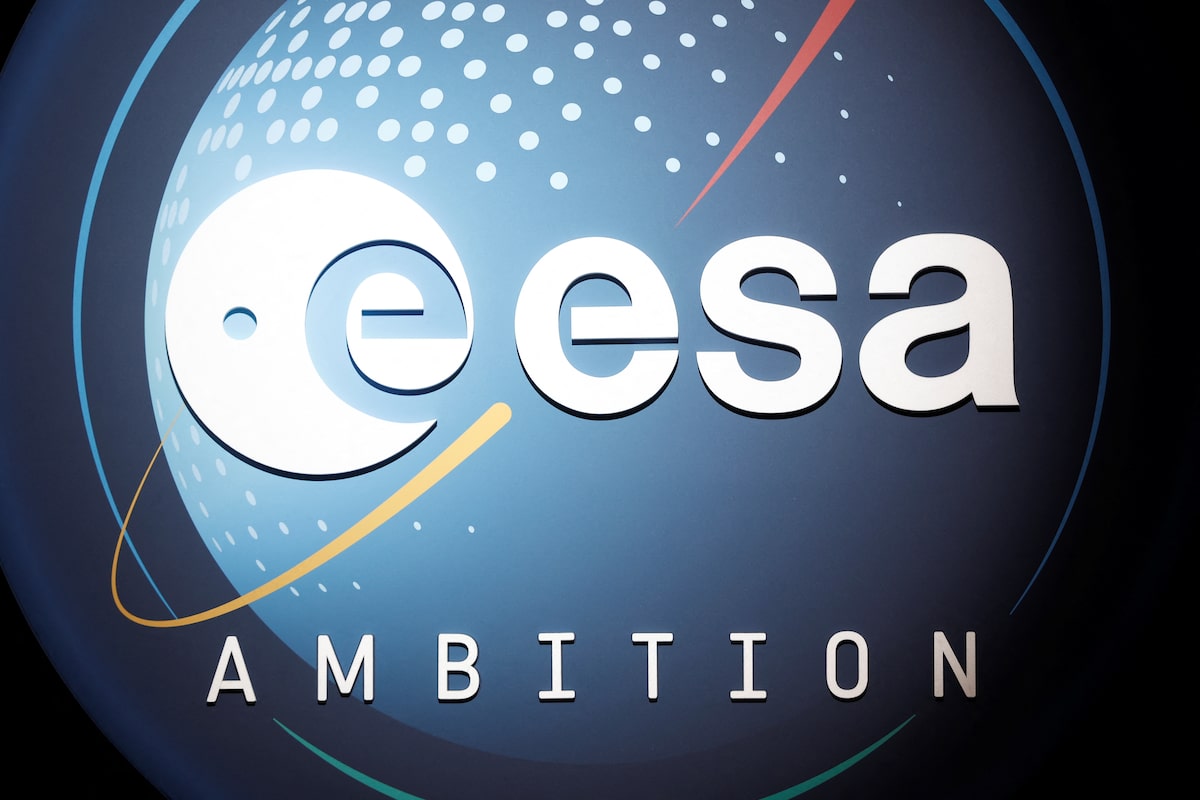
 Reuters
Reuters
 payloadspace.com
payloadspace.com
 The Planetary Society
The Planetary Society
 The New York Times
The New York Times
USA Leads Space Race Due to Economic Model, China Follows, Europe Lags
The article synthesizes information about the current state of the space race, focusing on the economic and technological factors contributing to the USA's lead, China's growing presence, and Europe's struggle to compete. It examines the impact of commercialization, reusability, and government policies on space exploration and exploitation.
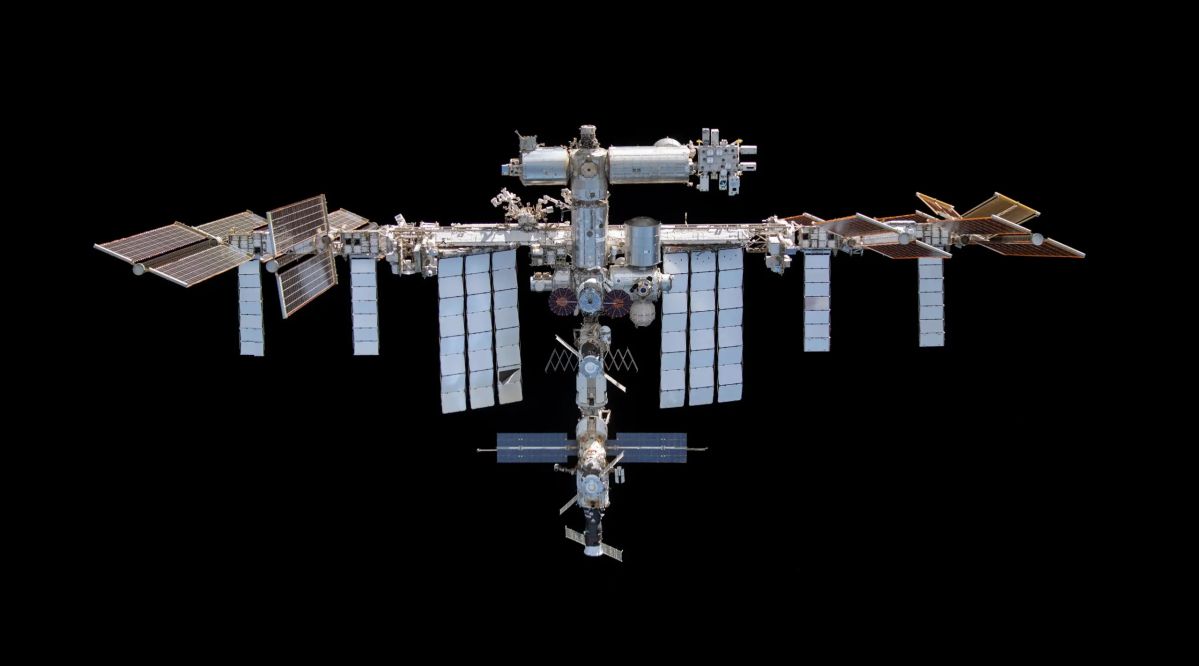
 SpaceNews
SpaceNews
 Washington Times
Washington Times
 finchannel
finchannel
 Aviation Week
Aviation Week
SpaceX Gears Up for Starship Flight 9: Testing, Potential Launch Window Emerges
SpaceX is actively preparing for the ninth test flight of its Starship rocket. Recent activities include static fire tests of the upper stage, Booster refurbishment, and potential launch window indications. The company aims to accelerate testing to meet NASA's Artemis program goals. However, recent engine anomalies may push back any tentative launch date.
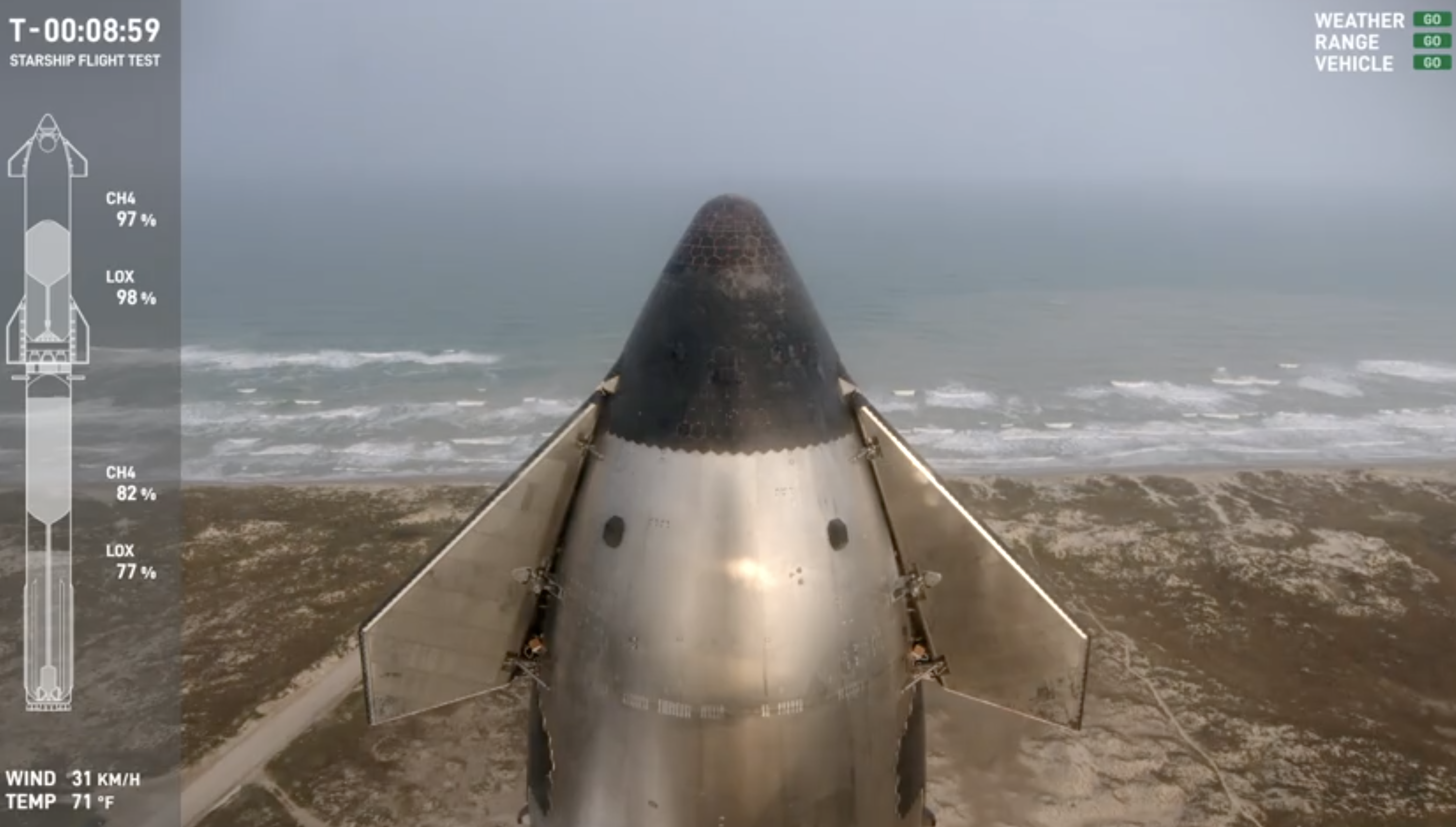
 Wccftech
Wccftech
 NASASpaceFlight.com -
NASASpaceFlight.com -
 Space
Space
 India Today
India Today
Inouye Solar Telescope Captures Detailed Sunspot Image, Aiding Solar Storm Prediction
The Daniel K. Inouye Solar Telescope in Hawaii has captured a detailed image of sunspots using its new Visible Tunable Filter (VTF). Scientists hope this will help predict solar storms that can damage Earth's radio communications and electrical grids. The telescope is located on Maui's Haleakalā volcano, which is considered sacred land by many native Hawaiians.
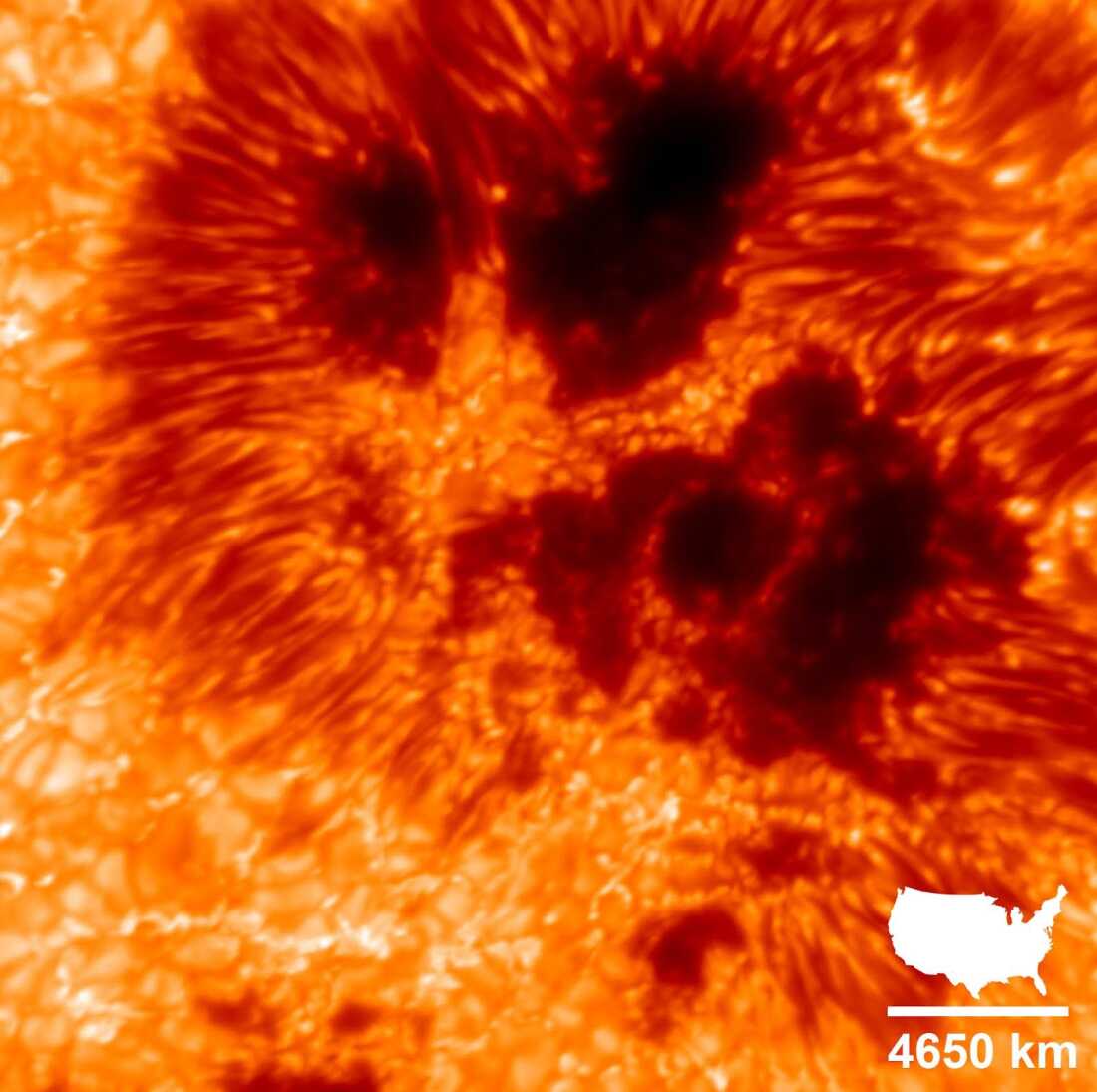
 extremetech.com
extremetech.com
 NPR
NPR
 MSN
MSN
 KXAN Austin
KXAN Austin
Space Force Prioritizes Enlisted Growth, Modernizing Training, and Countering China's Advances
Chief Master Sergeant of the Space Force John F. Bentivegna highlighted the Space Force's emphasis on expanding its enlisted ranks, modernizing training programs, and countering China's growing space capabilities. These efforts are aimed at enhancing the Space Force's operational effectiveness and maintaining space superiority in an increasingly contested domain, while also focusing on the quality of life for Guardians and their families.
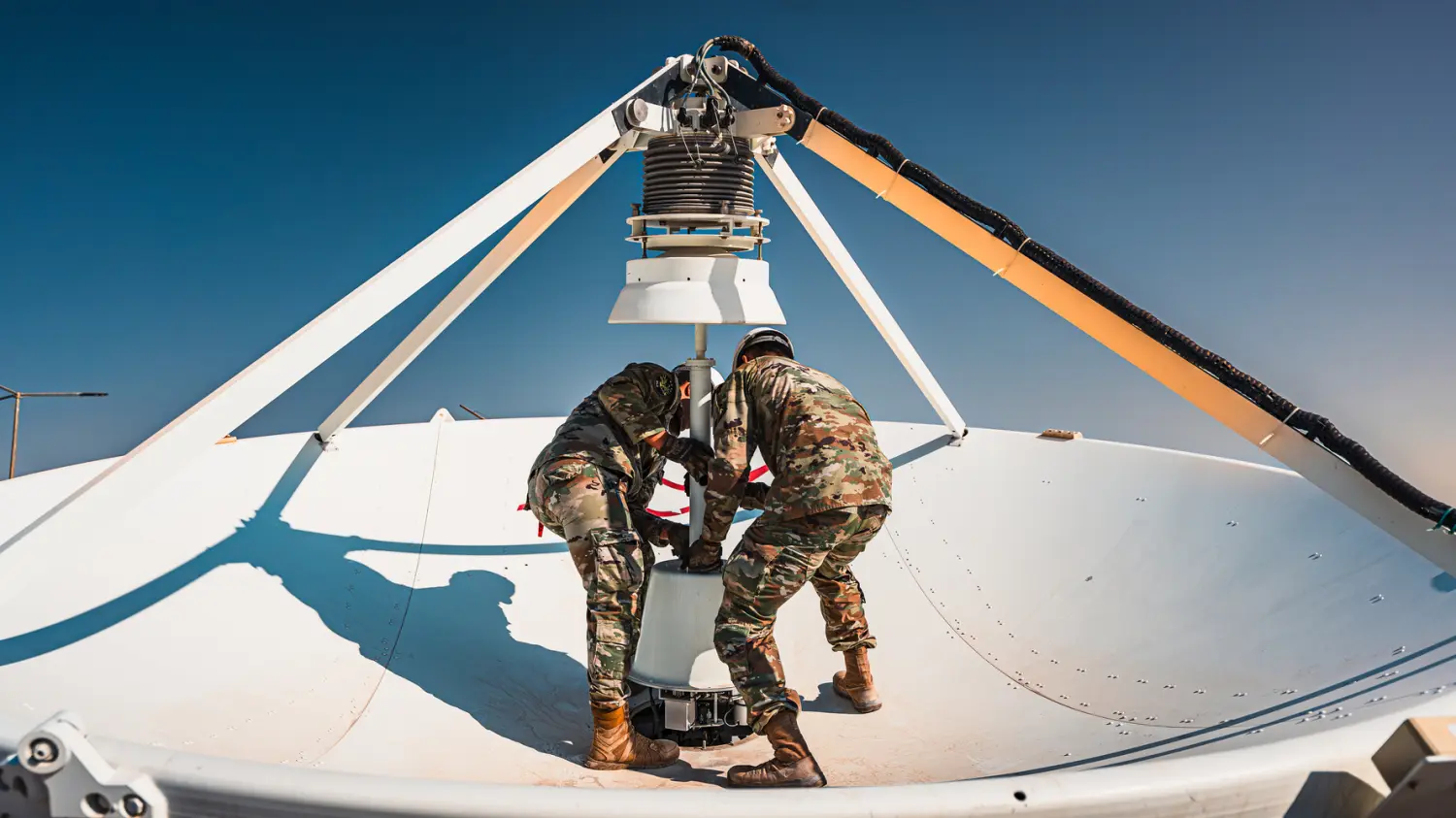
 Brookings
Brookings
 Air & Space Forces Magazine
Air & Space Forces Magazine
 af.mil
af.mil
 Air & Space Forces Association
Air & Space Forces Association
Starbase, Texas, Incorporates with SpaceX Employees Elected as City Officials
Starbase, Texas, has officially incorporated as a city, with SpaceX employees elected to key positions like mayor and commissioners. This move, championed by Elon Musk, gives SpaceX greater control over its operations in the area. The incorporation has drawn both support and controversy, with concerns raised about environmental impact and regulatory oversight.
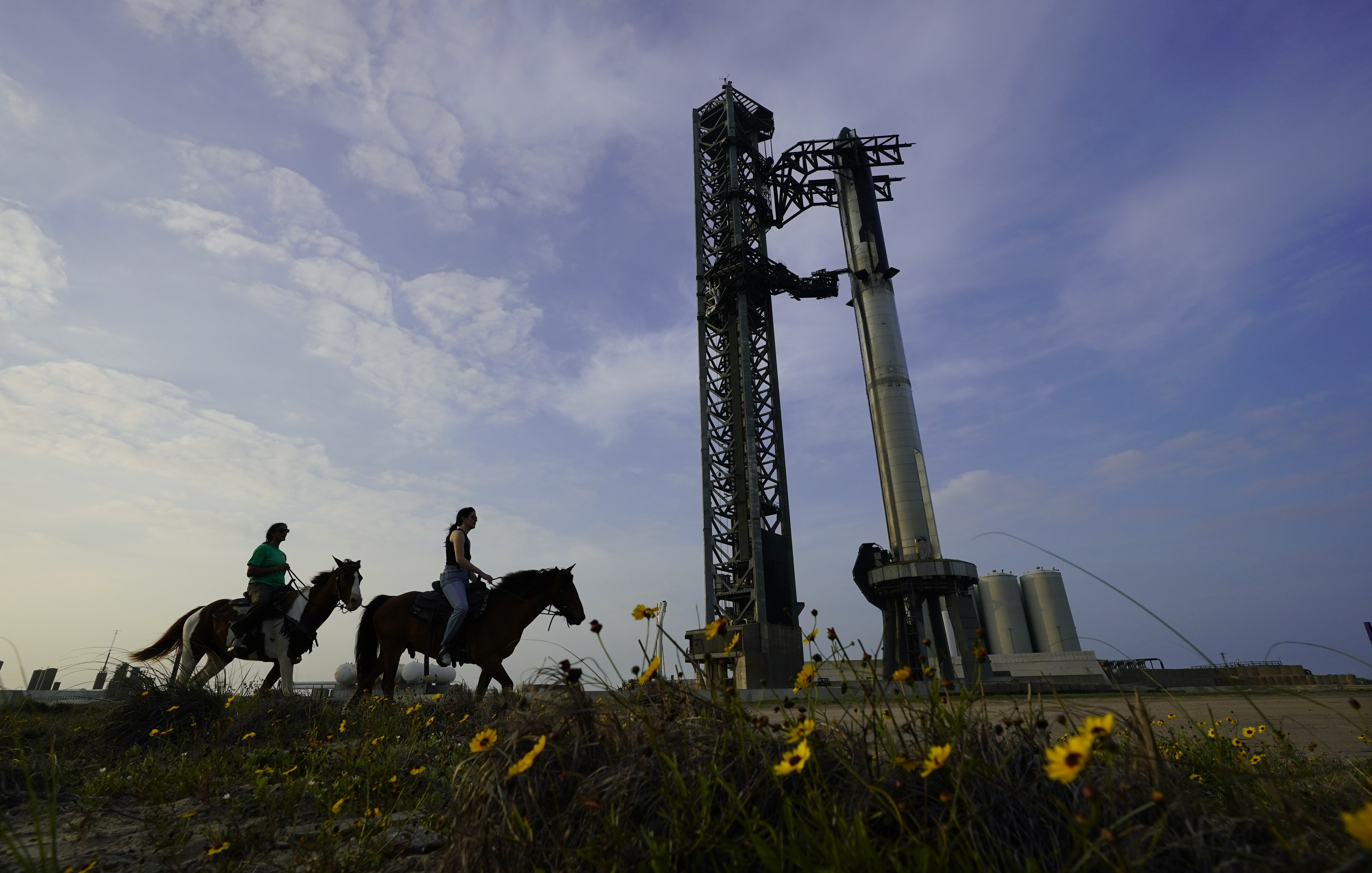
 The Hill
The Hill
 MSNBC News
MSNBC News
 CNBC
CNBC
 Politico
Politico
